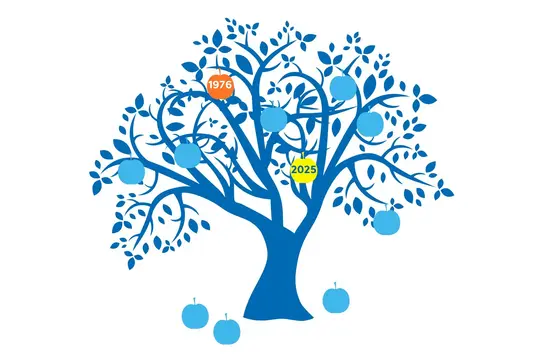Israel Cooperation
Cooperational Research Program of the Foundation Deutsches Krebsforschungszentrum, Heidelberg, with the Ministry of Science, Technology & Space, Israel

The DKFZ-MOST (Ministry of Science and Technology) program in cancer research aims at the establishment and enhancement of scientific collaboration between scientists from the DKFZ and all academic institutions in Israel. This aims have been realized for 42 years by collaborative work in the laboratories of both partners and exchange of scientific know-how and experimental materials. Regular mutual scientific workshops and joint publications represent outstanding achievements.
On its onset in 1976 the program started with three running projects and developend over the years to 18 ongoing projects per phase (each project lasts for three years). All projects consist of an Israeli and mostly one DKFZ-Subproject. Up to now 187 projects have been supported within this joint program. In Israel almost all the research universities and some of the leading hospitals have participated.
The scientific success of the program is shown by the extensive number of publications – more than 1520 publications up to 2018 - that were published by the participating scientists in internationally recognized scientific journals. The program not only resulted in fruitful scientific exchange of knowledge but also achieved many close friendships between Israeli and German scientists.
Get in touch with us
